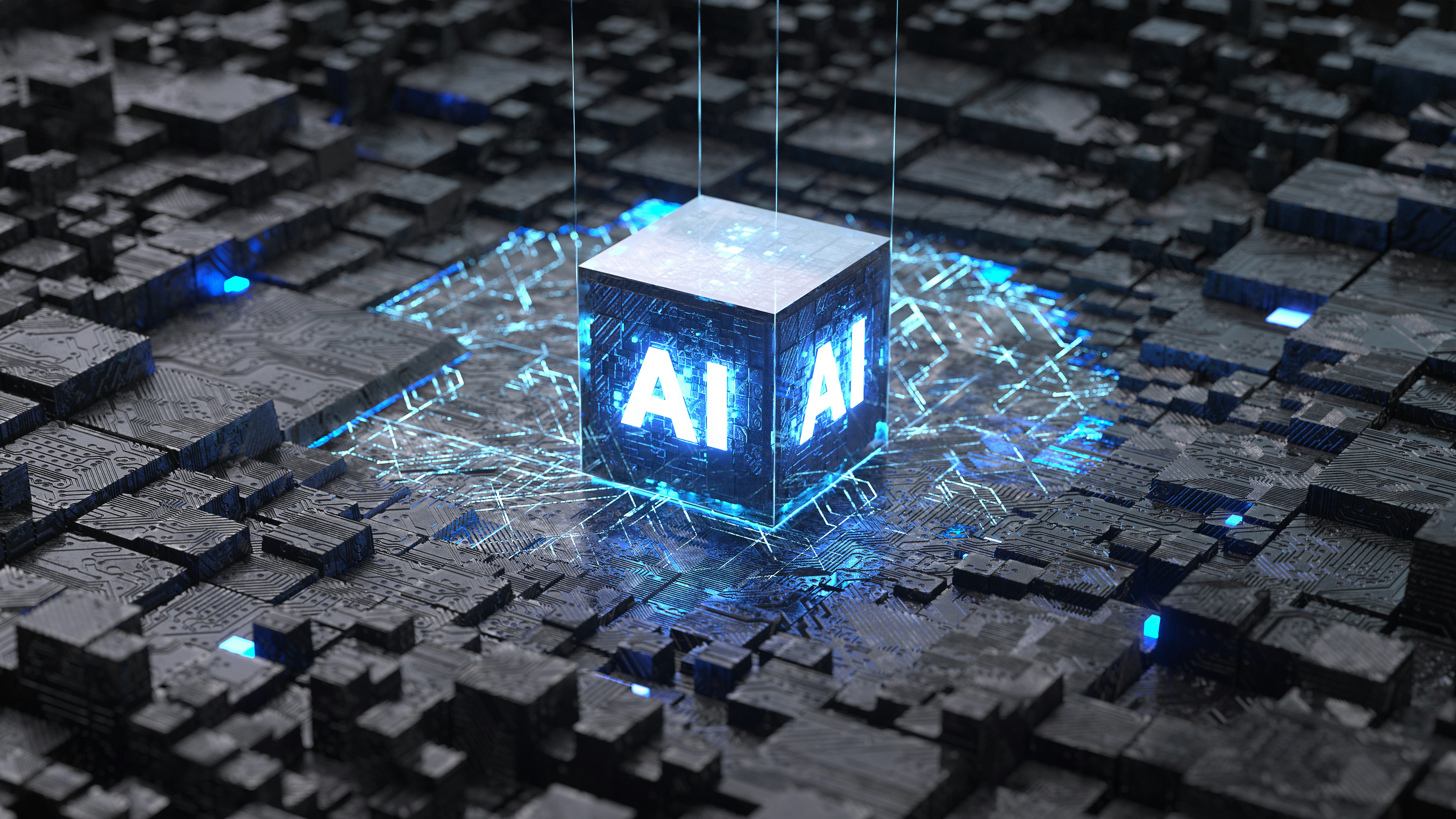The future of content management is conversational. As AI assistants become increasingly sophisticated, the ability for these systems to directly interact with and manage content is transforming how we think about web development and content workflows. Today, we're excited to share our work on plone-mcp, a Model Context Protocol server that positions Plone as a forward-thinking, AI-ready content management system.
What is MCP and Why Does It Matter?
The Model Context Protocol (MCP) is an emerging standard that enables AI assistants to securely connect to external systems and data sources. Think of it as a bridge that allows AI models to interact with your applications in a structured, controlled way. Instead of AI being limited to generating text, MCP enables it to perform real actions—creating content, updating databases, managing workflows—all through natural language instructions.
For Plone and the broader CMS ecosystem, MCP represents a paradigm shift. Content creators, developers, and site administrators can now interact with their Plone sites using natural language, asking questions like "Create a news item about our product launch" or "Update the homepage banner with the latest campaign." The AI can understand these requests and execute them directly within your Plone instance.
This isn't just about convenience—it's about accessibility and efficiency. MCP democratizes content management by removing technical barriers, allowing non-technical users to perform complex operations through simple conversations.
Design Principles: Building on Plone's Strengths
Our plone-mcp implementation is built with several key principles in mind, leveraging Plone's existing architectural strengths while embracing modern development practices.
JavaScript-First Architecture
We've implemented the MCP server in JavaScript, aligning with the modern web development ecosystem and making it accessible to the broader developer community. This choice reflects our commitment to building tools that integrate seamlessly with contemporary development workflows and can be easily maintained and extended by teams already working with JavaScript toolchains.
Leveraging plone.restapi
Rather than reinventing the wheel, plone-mcp is built on top of Plone's robust REST API. The plone.restapi has proven itself as a stable, well-documented interface for programmatic interaction with Plone. By building our MCP server on this foundation, we ensure compatibility with existing Plone installations and tap into years of battle-tested API development.
Embracing Headless Architecture
The MCP server takes full advantage of Plone's headless CMS capabilities and decoupled frontend/backend architecture. This separation of concerns means that AI interactions can work seamlessly regardless of how your Plone frontend is implemented—whether you're using Volto, a custom React application, or any other frontend technology. The content management operations happen at the API level, maintaining the flexibility that modern web architectures demand.
Testing: Ensuring Reliable Human-AI Interaction
One of our strongest emphases in developing plone-mcp has been on comprehensive testing, particularly acceptance testing. When an AI system is interpreting natural language and translating it into specific content management actions, reliability becomes paramount.
Our testing strategy focuses on real-world scenarios: we test how the MCP server responds to various phrasings of similar requests, edge cases in natural language instructions, and complex multi-step operations. We've built extensive acceptance test suites that verify not just that the technical operations work, but that they work correctly when triggered by the kind of conversational, sometimes ambiguous instructions that humans naturally provide.
This testing approach ensures that when a content creator asks the AI to "update the about page with the new team information," the system reliably understands the intent and executes the correct operations. The goal is to build trust between humans and AI systems by ensuring consistent, predictable behavior.
Making It Official: Plone Improvement Proposal (PLIP) Submitted
Our work on plone-mcp is more than just an experimental project—it's a vision for Plone's future. We've taken the next step by submitting PLIP #4213 for an official plone-mcp server that would position Plone as a truly AI-first CMS.
This proposal represents a significant step forward in making Plone ready for the AI-driven future of web development. By providing native AI integration capabilities, Plone can maintain its position as an innovative, forward-thinking content management platform that evolves with changing technology landscapes.
The implications are exciting: imagine Plone sites that can be managed through natural conversation, content workflows that adapt based on AI analysis of user behavior, and development processes where complex site configurations can be achieved through simple descriptions rather than technical implementation.
Join the Conversation
As we move forward with PLIP #4213 and continue developing plone-mcp, we invite the Plone community to engage with this work. The future of content management is conversational, and Plone is positioned to lead this transformation. The repository has been transferred to the official Plone GitHub organization, signaling the project's progression toward becoming an official part of the Plone ecosystem. Experiment with the MCP server and share your feedback on the PLIP.
The AI revolution in web development is happening now. With plone-mcp, we're ensuring that Plone isn't just ready for this future—it's helping to define it.
Want to learn more about our AI-first approach to Plone development? Contact the team at kitconcept to discuss how we can help your organization leverage these emerging technologies.
